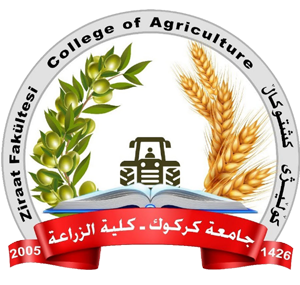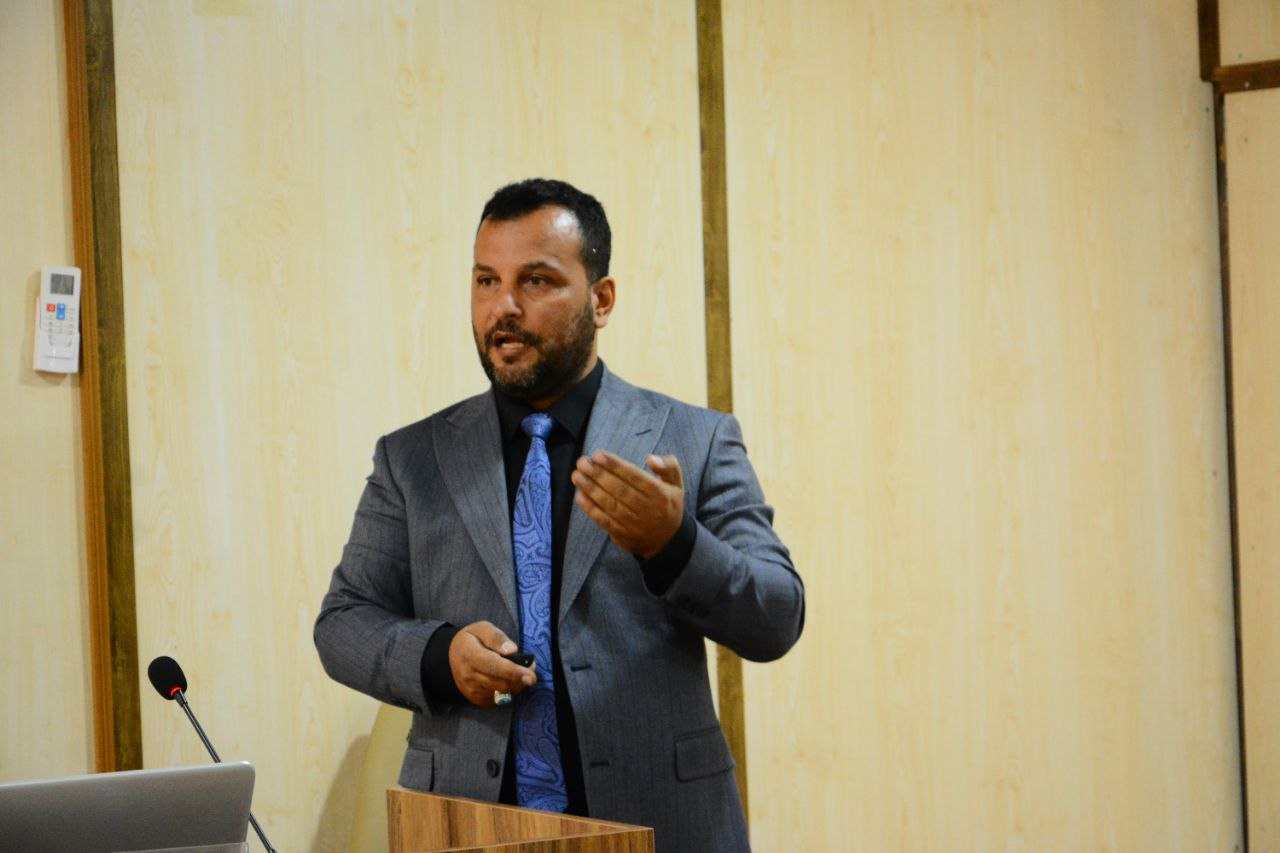Under the patronage of the respected President of the University of Kirkuk, Professor Dr. Imran Jamal Hassan, and under the supervision of the Dean of the College of Agriculture, Assistant Professor Dr. Osama Ibrahim Ahmed, and the Head of the Department of Forest Sciences, Professor Dr. Shaheen Abbas Mustafa, the Department of Forest Sciences organized its scientific advisory symposium, on the revival of the Dibis forest, objectives and benefits, In the presence of the Dean of the College, researchers and specialists in this field.
The symposium aimed to study the green areas, artificial and natural forests, and natural reserves in all their forms and forms in Kirkuk Governorate, including the Dibis forest as a model, and the possibility of increasing the green areas with various types of forests, establishing artificial forests of different types, and studying ways to deal with what has been vandalized from the Dibis forest since the nineties until the present time. Present and prepare a tabular study that includes the remaining actual preparations.
The symposium included three lectures, the first lecture was by the chief agricultural engineer, Ahmed Tohme Mohamed, about reviving the Dibis forest, the second lecture was by Assistant Professor Dr. Mahdi Hadi Mohsen, about forests and environmental ecosystems and natural lands, and the third lecture was by the lecturer M. Muhammad Muntaz Ibrahim on the causes of the deterioration of the Dibis forest and ways to maintain it.
The symposium recommended the necessity of providing real government support for the Dibis forest to restore its environmental and protective role by planting approximately 500,000 trees as a first step to fill the gaps and open spaces in the forest, perpetuating the remaining partially burned trees through pruning and thinning operations, and establishing a central nursery in cooperation with the management of the forest. The governorate and academic bodies to propagate and produce 50,000 seedlings annually, establish a wild animal reserve that includes species suitable for the environment of Kirkuk Governorate, and prevent all actions that harm forests such as grazing, logging, setting up camps, throwing waste, and setting fires inside the forest.





